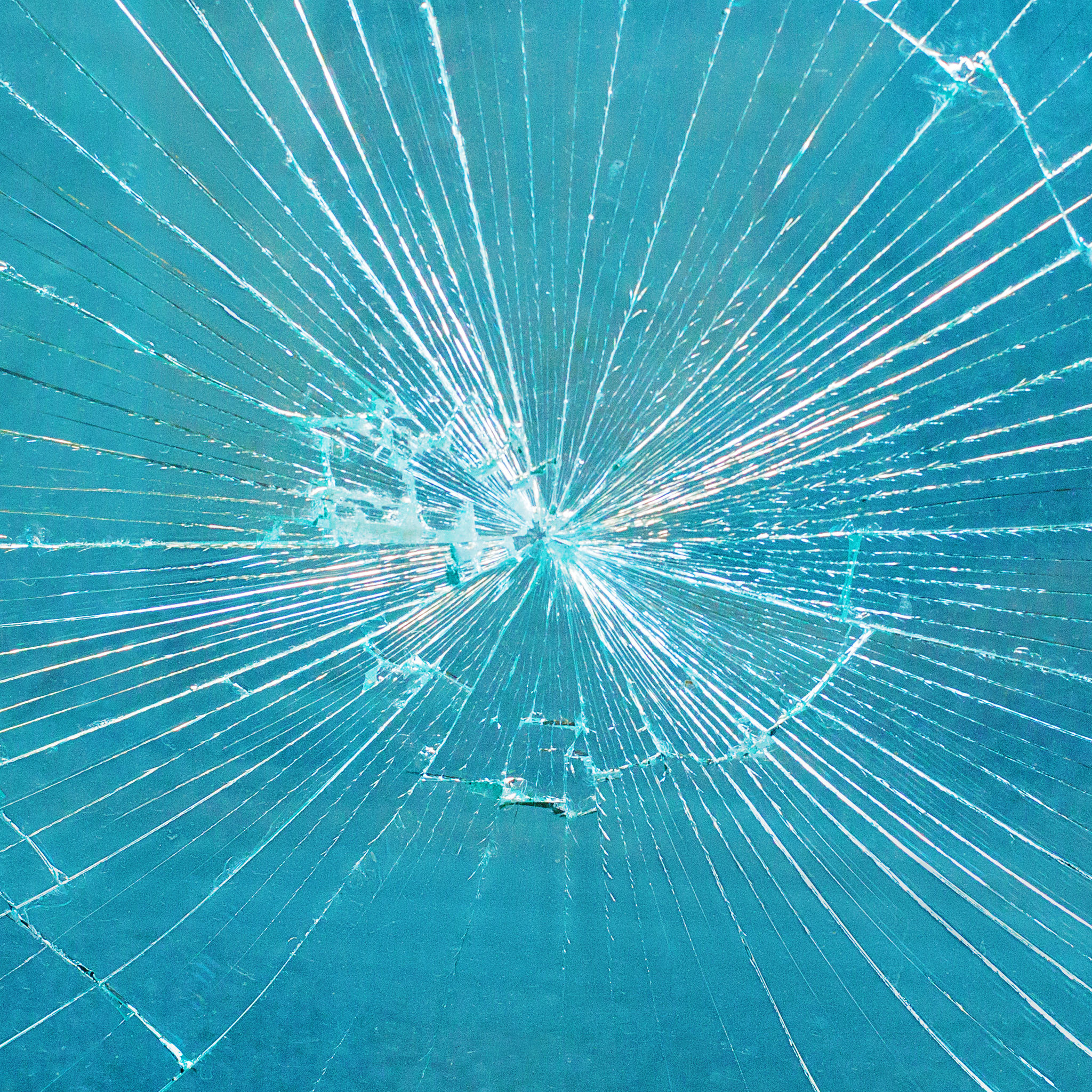New Year, New Decade, New opportunities for… let’s call them “Behavioral Upgrades”. Feels like a good time to ask “Am I adding value or just adding to the NOISE? “
We all have a driving need to be heard, connected, part of community of people who truly “see” us. But now everyone is screaming to be heard above the din. A brilliant speaker once suggested whispering to quiet a rowdy audience… so here’s my whisper: I want to ask really good questions, and listen more deeply to the answers. I want more dialogue – less monologue.
New Inspirations
So I’m taking on something new and risky in 2020. I’m taking a Makeshift Coffee House training to facilitate MSCH community discussion. In a nutshell, a MakeShift event is a gathering of people, ideally from across the political spectrum, who are asked thought provoking, and STORY provoking questions on cultural themes, for example, “Labelling”. The operating principle here is that once you’ve heard someone’s story about why they think the way they think, you can’t just write them off as blowhards or crackpots or crazies. If you’ve not experienced these evenings, go online and see if there is one coming to your area, because these are the kinds of efforts that just might change our cultural tune from Heavy Metal screaming to…. well…. anything easier to take in and learn from.
Better Questions
It comes as no surprise that a key element of creating value is asking good questions. Open-ended questions deepen the conversation and create trust. When’s the last time you managed to ask a really good question? Remember how you knew it? Maybe you made the person stop and really consider how they were going to answer. They may have even blurted “Good question!”. Remember how that made you feel?
For many of us, unfortunately, it’s a rare experience.
Our culture generally, and workplace culture specifically, appears to be suffering from a shortage of good questions. And we need them now more than ever. To be genuinely curious about another person is the highest, and perhaps rarest form of sincere flattery. It signals our willingness to give another person our undivided attention in real time.
Gotcha!
Conversely, maybe you’ve had this kind of experience: “Jared” recently asked me a question about a project. It wasn’t a question that asked much of me in terms of insight or deeper analysis, and the answer from me was pretty straightforward. He then launched into his own analysis of the issue and I knew right then and there that I had been used. Again. I had created a launchpad for Jared to show off his own expertise. I should know better by now.
Have you done the same thing Jared did? Have I? Not consciously, but it’s possible. It creates a kind of “gotcha” experience that has become so prolific in US culture now, and has really helped stoke the animosity and mistrust that stops us from really hearing each other, making progress and solving problems.
Bias vs. Curiosity
In preparation for the MakeShift work, I’m reading a book by Buster Benson; Why Are We Yelling? The Art of Productive Disagreement. He’s worked in the tech industry for many years, but became intrigued with cultural friction after the 2016 election. This book has some very rich analysis and a multi-dimensional framework for why and how we argue. I totally recommend it as a way into disagreements, and now I’ve finished the chapter on asking good questions.
Benson encourages us to come from a place of true curiosity and a realization that we may not know everything on the topic of dispute. We give our interviewee the benefit of the doubt and let them know that we trust their integrity. This is not as easy as it sounds, because first, we must identify our own biases about the issue (the book has a great section on this as well), acknowledge them, and express a true desire to learn. Those of us who have been on the planet awhile will find this difficult. Particularly if we are personally invested in the outcome of the exchange. The more we can step outside our bias traps, and the more curious we can become about the opposition’s reasoning, the more productive the interaction, especially if we can elicit some surprising answers – revealing something that we did not know and never suspected.
Invite Surprising Answers…
Here’s some of questions he suggests as a way to invite “Surprising Answers”:
- What formative events in your life brought you to this belief?
- What’s really at stake for you here?
- What’s complicated about your position that people don’t notice at first?
- If what you believe was proven conclusively true to its opponents, what would happen?
- What would have to be true for you to change your mind about this?
I invite you to start asking better questions for the coming decade. And I find inspiration in this quote from the late Arthur Ashe:
Start where you are
Use what you have
Do what you can.
I’d love to hear about what you are doing to bring better questions into your life and work. And I’d be happy to introduce you to Shift/POV, the facilitation tool I have developed for groups grappling with conflict and change, as a tool to engage better questions!

